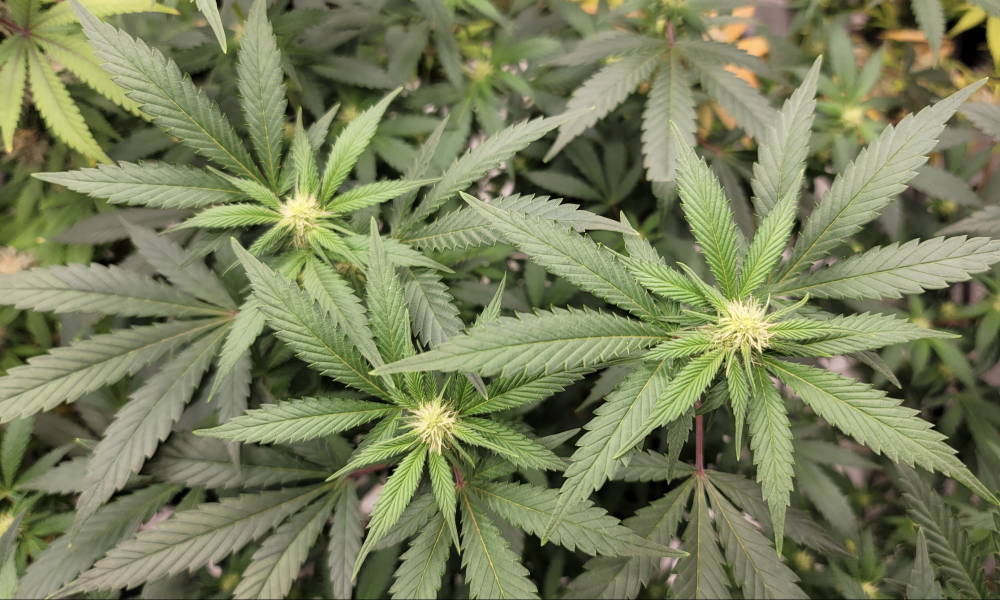A lesser-known cannabinoid, THCV, appears to have more energizing effects without the fatigue and “munchies” associated with marijuana’s more prominent delta-9 THC compound, according to a new double-blind clinical study.
On Tuesday, the cannabis genetics company Phylos and marijuana research firm People Science announced the results of the study they conducted, which demonstrated that a THCV product “significantly increased energy, activity, motivation and well-being compared to placebo.”
The cannabinoid, which was previously coined “diet weed” due to its apparent lack of appetite-inducing effects, is one of numerous cannabis constituents that have emerged on the market.
In this latest Institutional Review Board-approved study, researchers gave 78 participants either unmedicated placebo gummies, delta-9 THC-only gummies or gummies infused with Phylos’s “Get Sh!t Done” THCV-dominant plant.
They found that 20 percent of participants who received the THCV gummies reported feeling more “energized” compared to the placebo, 40 percent more said they enjoyed daily activities after taking the novel cannabinoid.
While 50 percent of those who took the standard THC-only gummy reported increased hunger, that effect was not statistically significant in the THCV group. Also, the THC-only cohort was three times as likely to report fatigue compared to those who received THCV.
Both the THC-only and THCV gummies “increased activity, exercise performance, motivation, and well-being compared to placebo,” Phylos said.
While the study was double-blind, it has not been published in a peer-reviewed scientific journal.
“This study signifies a pivotal moment for the cannabis industry in understanding the effect of THCV in combination with THC,” Alisha Holloway, chief scientific officer at Phylos said in a press release. “The Natural Natural THCV study allows us to leverage our exceptional plants in the advancement of targeted cannabis products, and to chart new territories in understanding the efficacy of natural cannabinoids.”
Phylos Chief Commercial Officer Whitney Conroy said that consumers are “seeking and deserve access to natural, plant-based wellness products that are backed by science,
“Natural Natural is partnering with the industry’s top growers, extractors, and brands to ensure customers know the products they purchase are made with the highest quality ingredients with proven effects,” she said.
Scientists have been working to tap into the potential of minor cannabinoids such a THCV as greater awareness about the therapeutic potential of individual components of marijuana expands.
For example, a peer-reviewed study of lesser-known cannabinoids produced by hemp and marijuana that was published last year found that compounds such as THVC may help treat dermatological diseases such as psoriasis, eczema and acne.
For the latest study, researchers didn’t discuss the mechanisms through which THCV might produce unique effects compared to delta-9 THC. But prior research has indicated that THCV, at least in lower concentrations, may be an antagonist (as opposed to an agonist) of the CB1 endocannabinoid system receptor, meaning consumers might avoid certain common effects such as increased appetite associated with delta-9 THC.
Researchers at Washington State University (WSU) recently revealed exactly how cannabis generally activates a specific cluster of neurons in the hypothalamus region of the brain that stimulates appetite.
Cannabis May Be ‘Viable Alternative’ Treatment For Dogs With Common Skin Disease, Case Study Shows
Photo courtesy of Mike Latimer.
Read the full article here









